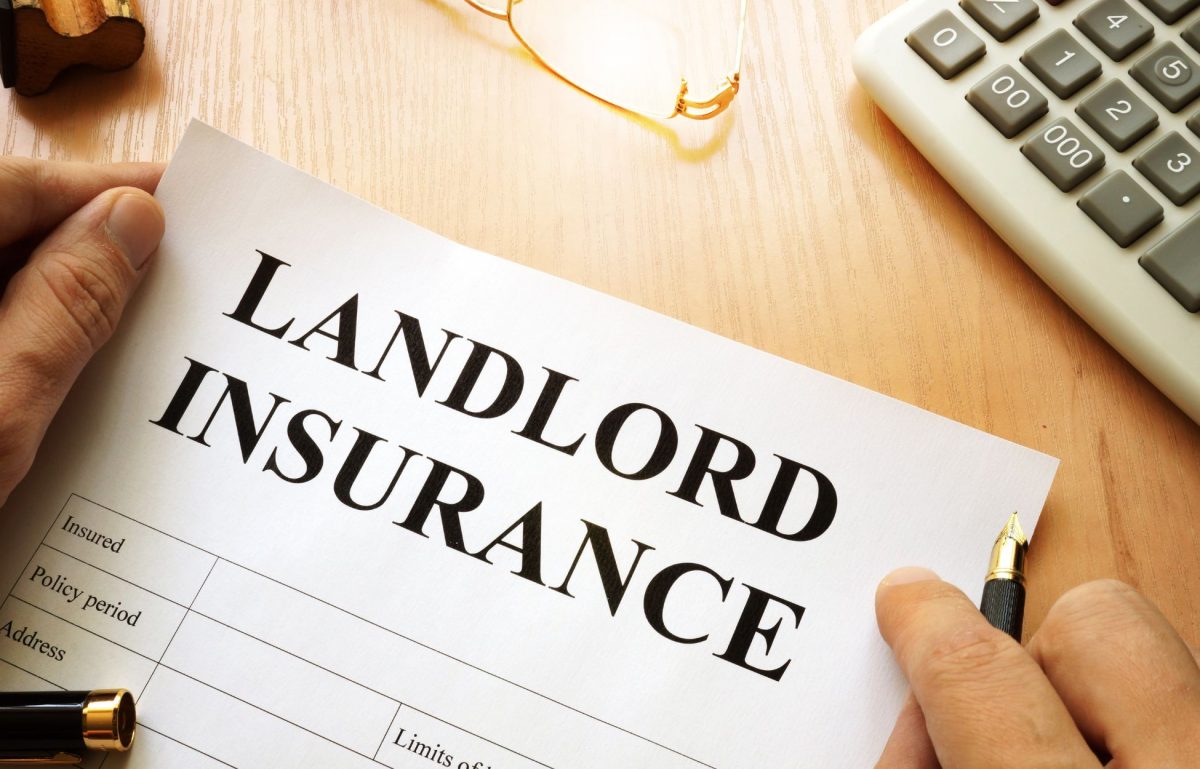You’ve likely heard of the nightmarish stories before—the struggles of screening applicants, dealing with terrible tenants, and hunting down rent. Undoubtedly, starting a rental property business is challenging, but if you do it right, it can be incredibly rewarding. If you want to avoid the unnecessary struggles that come with starting out, take a look at a few tips every first-time landlord needs to know.
Take the Time To Learn Fair Housing Laws
Learning federal and local housing laws is one of the hardest parts of becoming a landlord, but it is one of the most important first steps. For example, you can break Fair Housing law by refusing to rent to a student because of their age—that is discrimination under FHA law. Accidentally violating a Fair Housing law can land you in court with some hefty legal fees, which no one wants to deal with. Taking the time to familiarize yourself with these laws can save you time, money, and undue stress.
Rigorously Vet Every Applicant
Vetting tenants can be a tedious process, but rigorously and equally vetting every tenant will save you from a lot of headaches in the long run. A quality screening service should make it easy for your to get a solid idea of a tenant’s financial history and pinpoint any tenant red flags. However, you shouldn’t just rely on the screening process. You should also take the time to cross-check references, reach out to their employer, and see what any previous landlords have to say about the applicant.
Set Clear Boundaries and Expectations
As a landlord, you have to remember that you’re not just running a business—you’re managing someone’s home and shelter. As a result, you may find yourself in some emotionally charged situations, and you’ll need to learn how to set boundaries and expectations. Your lease agreement is your best friend in these situations and will help you relay to tenants how you expect them to behave on your property.
This document should also tell them your business hours, how to contact you, how to file a complaint or repair request, and so on. This way, you’re not getting an angry phone call about a leaky sink at 1:00 am in the morning on your personal cellphone.
Document Everything
The most important tip that every first-time landlord should know is that documentation is everything. Every transaction, correspondence, maintenance request, and inspection is worth recording. It is much harder for a tenant to falsely claim that they paid you in full and on time when you have a complete recorded history of their payments. Getting into the habit of documenting these things will also make filing for tax deductions and insurance claims much easier. Using online platforms for screening, applications, communication, and rent collection makes it much easier to keep records.
Make Paying Rent Easy
On the topic of rent collection, many experienced landlords will tell you that one of the biggest frustrations you’ll face is hunting down rent. You can do this by letting tenants pay through apps or online platforms, which make sending and collecting rent as easy as a click of a button. Plus, tenants can also set up automatic payments, so you never have to hear “I forgot” as an excuse. The easier you make paying and collecting rent, the happier you and your tenants will be.













